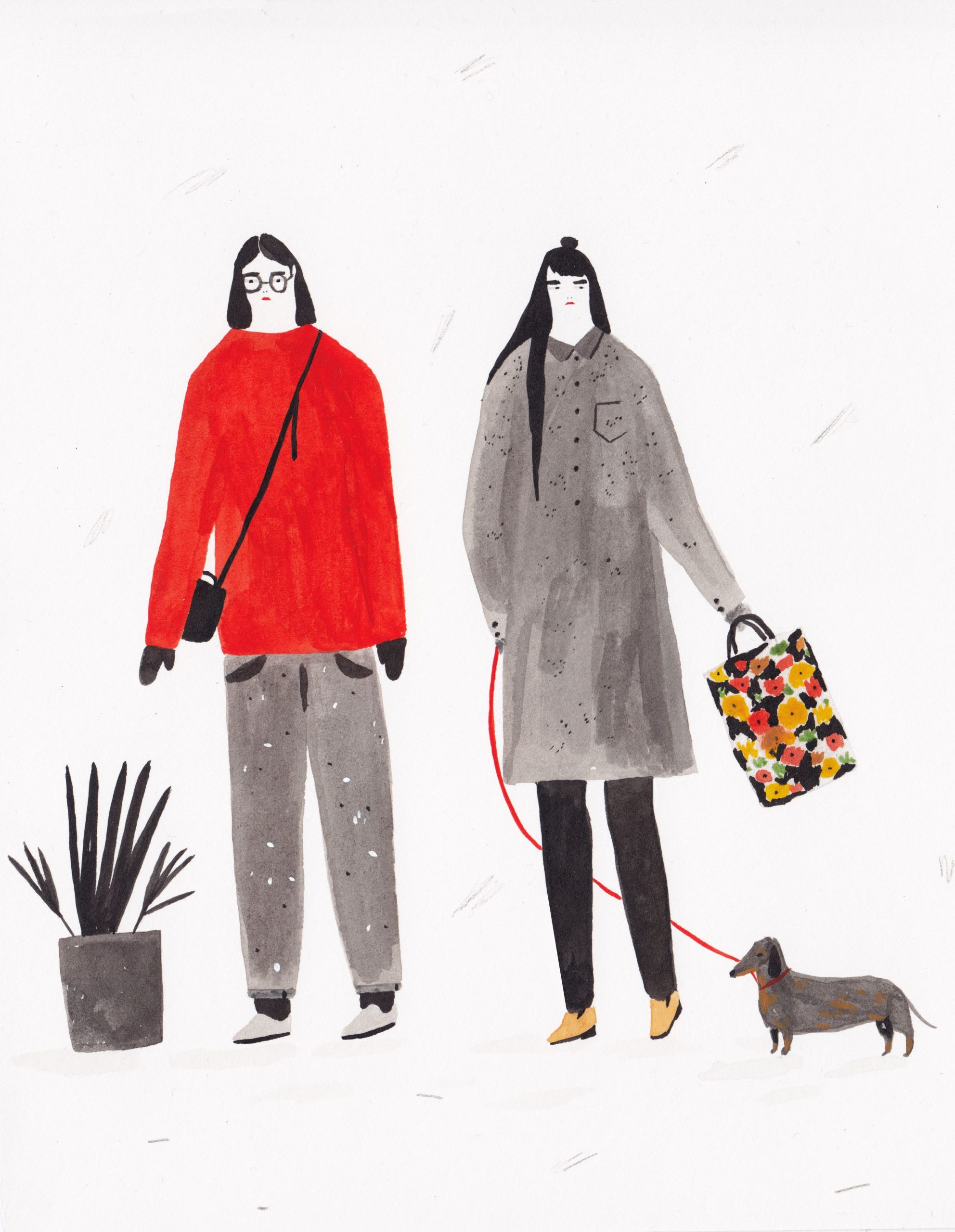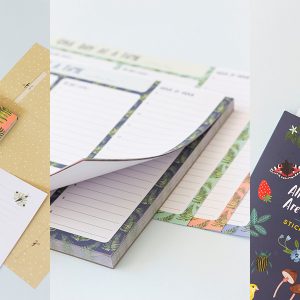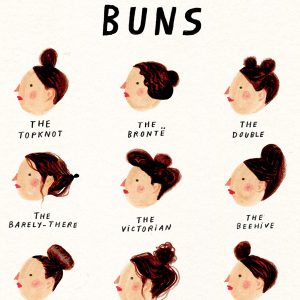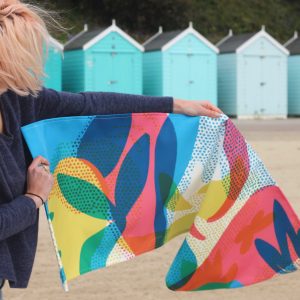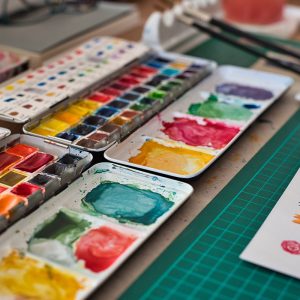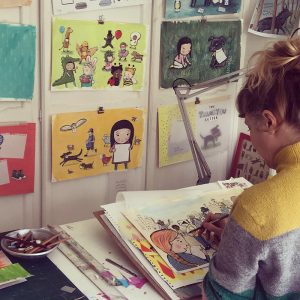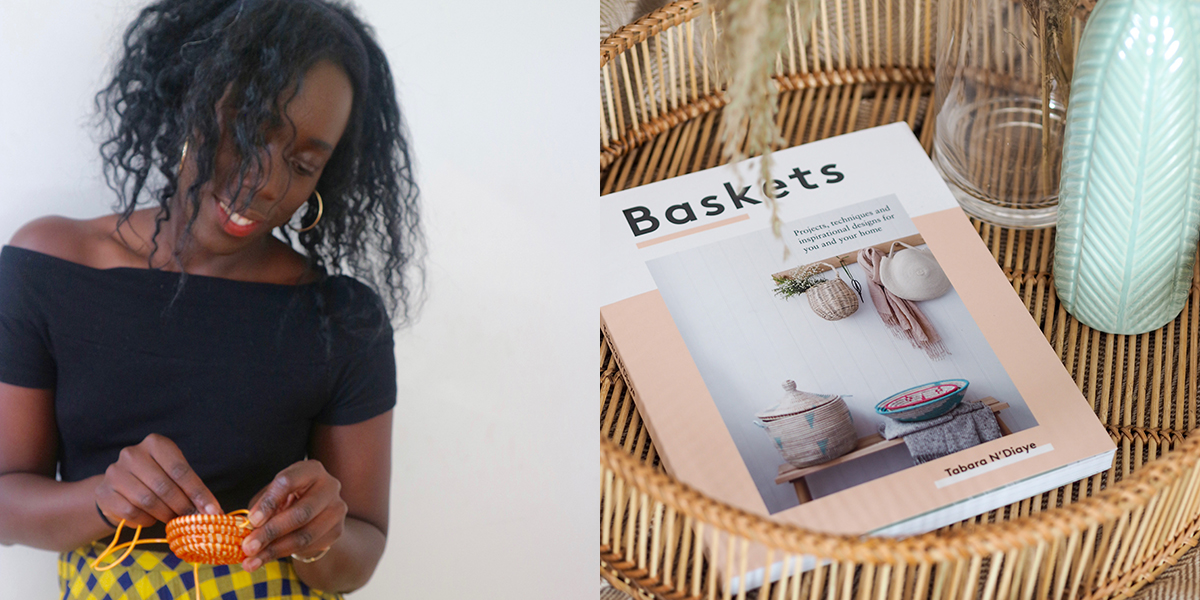Even the closest of friendships can experience a little friction. But what can you do about it? Journalist Cathelijne Elzes wrote an article about it in Issue 15. In this blog you can read a fragment.
Consider what kind of friendship you want with the other person. Maybe you’re not all that interested in honesty, and would rather just have fun together. On the other hand, what is wrong with hearing some healthy criticism now and then? As Friedrich Nietzsche said: “That which does not kill us makes us stronger.” In The Meaning of Friendship, British psychotherapist Mark Vernon writes that someone considered to be a bad friend could prove themselves to be a good one in the long run, if challenging each other is valued. “Like a difficult book, the difficult friend may teach us something,” he writes.
Dutch philosopher Wil Derkse quotes Vernon in his book, Over Vriendschap (‘About Friendship’), and explains that a ‘difficult’ friend is valuable because they can challenge you to adjust the image you have of yourself by presenting you with unpleasant truths. It can be irritating, Derkse writes, but it can also lead to gratitude and a deepening of affection, and that with these unpleasant truths a friend can invite you to change your life. Greek philosopher Aristotle called a friend a ‘different-I’. They can understand you and show you a reflection of yourself: who you are and how you come across when you act a certain way as you may have no idea, or a different idea, of how you come across.
The article ‘Let’s be honest’ can be found in Issue 15, which is available in our web shop.
Text Cathelijne Elzes Illustration Alessandra Genualdo


